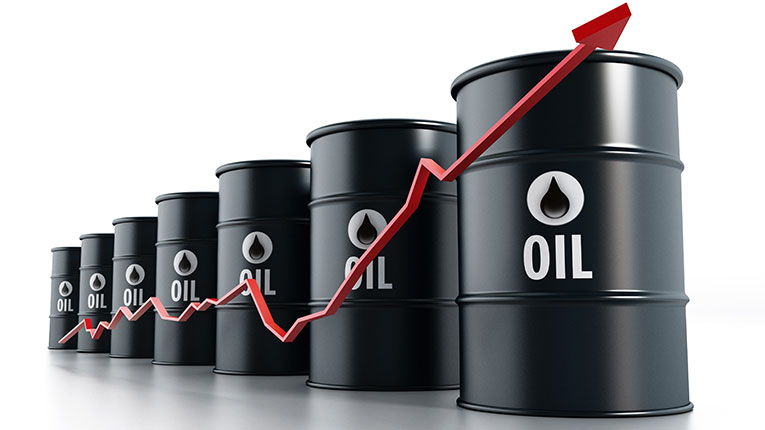A permanent increase of the oil price would reduce potential economic growth in the euro zone by less than 1% over the next four years, a modest blow that could be further mitigated by the green transition, the European Central Bank announced on Monday, Reuters reports.
Economic theory suggests that a permanently higher oil price reduces productivity and the economy’s ability to grow, thus creating the conditions for higher inflation. But empirical studies of oil shocks since the 1970s show that, over time, economies can adjust, for example by reducing their dependence on fossil fuels.
Using its own forecasting model, the ECB calculated that a 1% increase in the price of oil would reduce the euro area’s potential economic growth by around 0.02% over the medium term. Starting from the assumption of a 40% increase in the price of oil in the next four years, compared to the period 2017-2020, the ECB concluded that the economic growth potential of the euro area will be lower by only 0.8% in the mentioned period, according to Agerpres.
Euro zone economies continued to grow, despite the persistence of negative effects from the pandemic and the consequences of the Russian invasion of Ukraine, which raised energy prices on the continent.
Despite the increasing uncertainties, for the time being, the current oil price increase is smaller than that recorded during the shocks of 1973 and 1974, and also of a smaller magnitude than that recorded between 2003-2008, ECB economists claim.
The reduced impact of such energy shocks could be related to the more flexible labor market, the improvement in monetary policy and the fact that economies have managed to reduce their primary energy intensity compared to the past.
